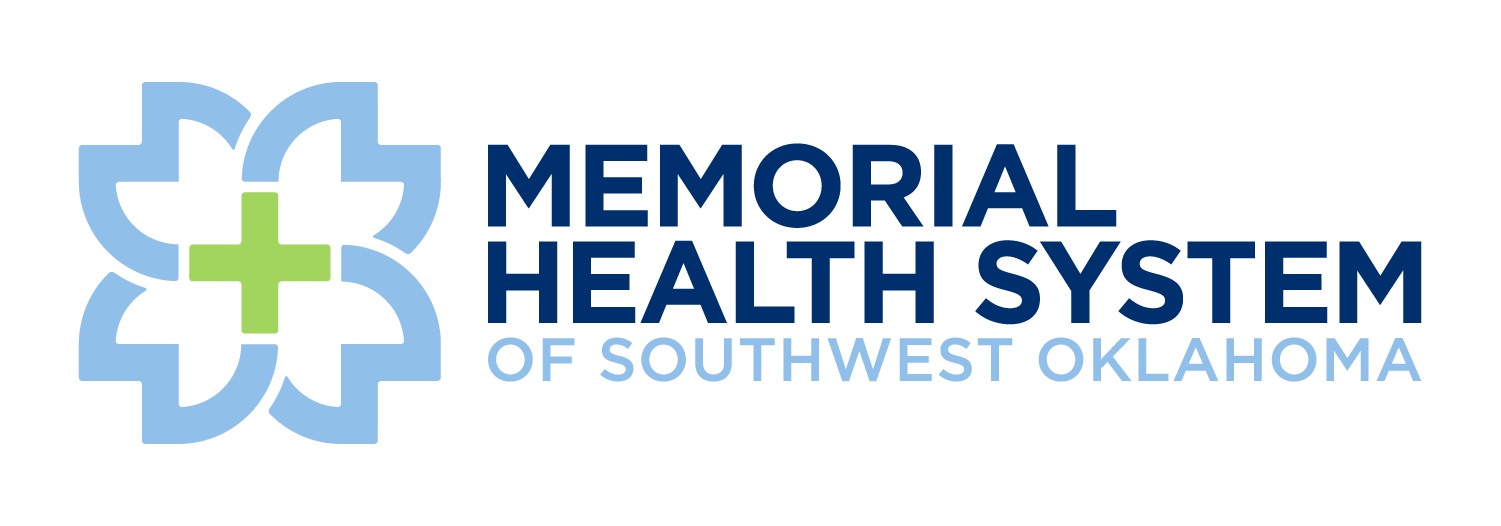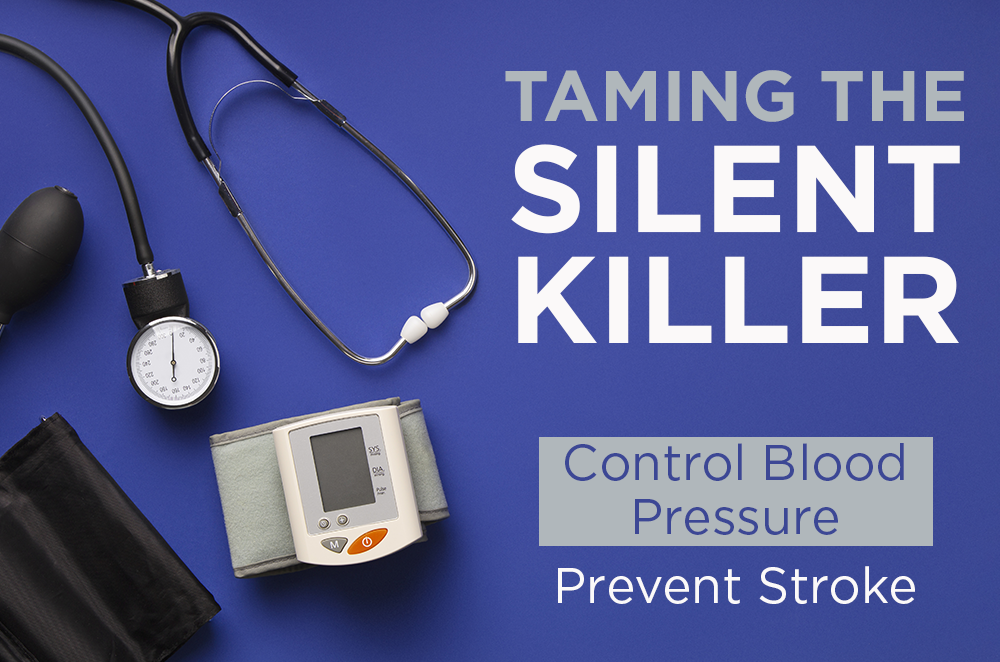High blood pressure is often referred to as the “silent killer.” It is a serious health condition that lurks in the shadows, affecting millions globally. According to the Centers for Disease Control and Prevention (CDC), approximately 122 million adults in the United States have high blood pressure. About one in four are completely unaware that they have high blood pressure. This lack of awareness is particularly concerning because uncontrolled high blood pressure is a major risk factor for stroke, heart attack, and a cascade of other health complications.
It was given the nickname “silent killer” because high blood pressure often has no noticeable symptoms. You wouldn’t know it by how you feel – that’s why getting your blood pressure checked regularly is critical for early detection and intervention.
Impact of Uncontrolled Blood Pressure
Blood pressure is the force of blood pushing against the walls of your arteries. When this pressure is consistently high, it’s like a relentless force straining your heart and blood vessels, causing damage over time. This damage can increase the risk of several debilitating conditions:
- Stroke: A stroke occurs when a blood clot blocks blood flow to the brain, causing brain cells to die. Stroke is the leading cause of serious disability in the United States, leaving many survivors with lasting impairments.
- Heart Attack: When blood flow to the heart is blocked, it can lead to heart muscle damage or death (heart attack). High blood pressure is a major culprit in setting the stage for a heart attack.
- Heart Failure: Over time, high blood pressure can weaken the heart muscle, making it harder for it to pump blood effectively. This eventually leads to heart failure, a condition where the heart struggles to keep up with the body’s demands.
- Kidney Disease: High blood pressure can damage the blood vessels in the kidneys, leading to kidney failure. Kidneys play a vital role in filtering waste products from the blood, so their decline can have serious consequences for overall health.
Control Your Blood Pressure
The good news is that high blood pressure is a controllable condition. Through a combination of lifestyle changes and medication, you can significantly reduce your risk of stroke and other complications. Here are some ways to take control of your blood pressure:
- Know Your Numbers: Don’t be a stranger to blood pressure checks. Aim to have your blood pressure checked by a healthcare professional at least once a year, or more often if recommended by your doctor. Home blood pressure monitors can also be a valuable tool for self-monitoring between doctor visits.
- Embrace a Healthy Diet: Diet plays a major role in blood pressure management. Focus on a diet rich in fruits, vegetables, and whole grains. These foods are packed with essential nutrients that help keep your blood pressure in check. Limit processed foods, saturated fat, and added sodium. Reducing sodium intake is particularly important, as sodium can cause your body to retain fluids, which increases blood pressure.
- Move Your Body: Regular exercise is a potent weapon against high blood pressure. Aim for at least 150 minutes of moderate-intensity exercise or 75 minutes of vigorous-intensity exercise per week. Even small bursts of activity can make a difference. Take the stairs instead of the elevator, park further away from your destination, or go for a brisk walk during your lunch break.
- Manage Stress: Chronic stress can contribute to high blood pressure. Find healthy ways to manage stress, such as yoga, meditation, spending time in nature, or listening to calming music. Prioritizing relaxation techniques can significantly improve your overall well-being and blood pressure control.
- Limit Alcohol Consumption: Excessive alcohol consumption can raise blood pressure. Be mindful of your alcohol intake and strive for moderation.
- Quit Smoking: Smoking damages blood vessels and increases your risk of stroke and heart attack. Quitting smoking is one of the most important things you can do for your heart health. There are many resources available to help you quit smoking, so don’t hesitate to seek support.
By making these lifestyle changes and working with your doctor to develop a personalized plan, you can keep your blood pressure under control and significantly reduce your risk of stroke and other serious health problems. If you have further concerns, reach out to our Heart and Vascular Services: https://www.ccmhhealth.com/heart-and-vascular/. Remember, knowledge is power. Don’t let the silent killer win. Take charge of your health today!
Resources:
https://www.cdc.gov/high-blood-pressure/data-research/facts-stats/
https://www.cdc.gov/stroke/prevention/
Disclaimer:
The Comanche County Memorial Hospital website does not provide specific medical advice for individual cases. Comanche County Memorial Hospital does not endorse any medical or professional services obtained through information provided on this site, articles on the site or any links on this site.
Use of the information obtained by the Comanche County Memorial Hospital website does not replace medical advice given by a qualified medical provider to meet the medical needs of our readers or others.
While content is frequently updated, medical information changes quickly. Information may be out of date, and/or contain inaccuracies or typographical errors. For questions or concerns, please contact us at contact@ccmhhealth.com.

